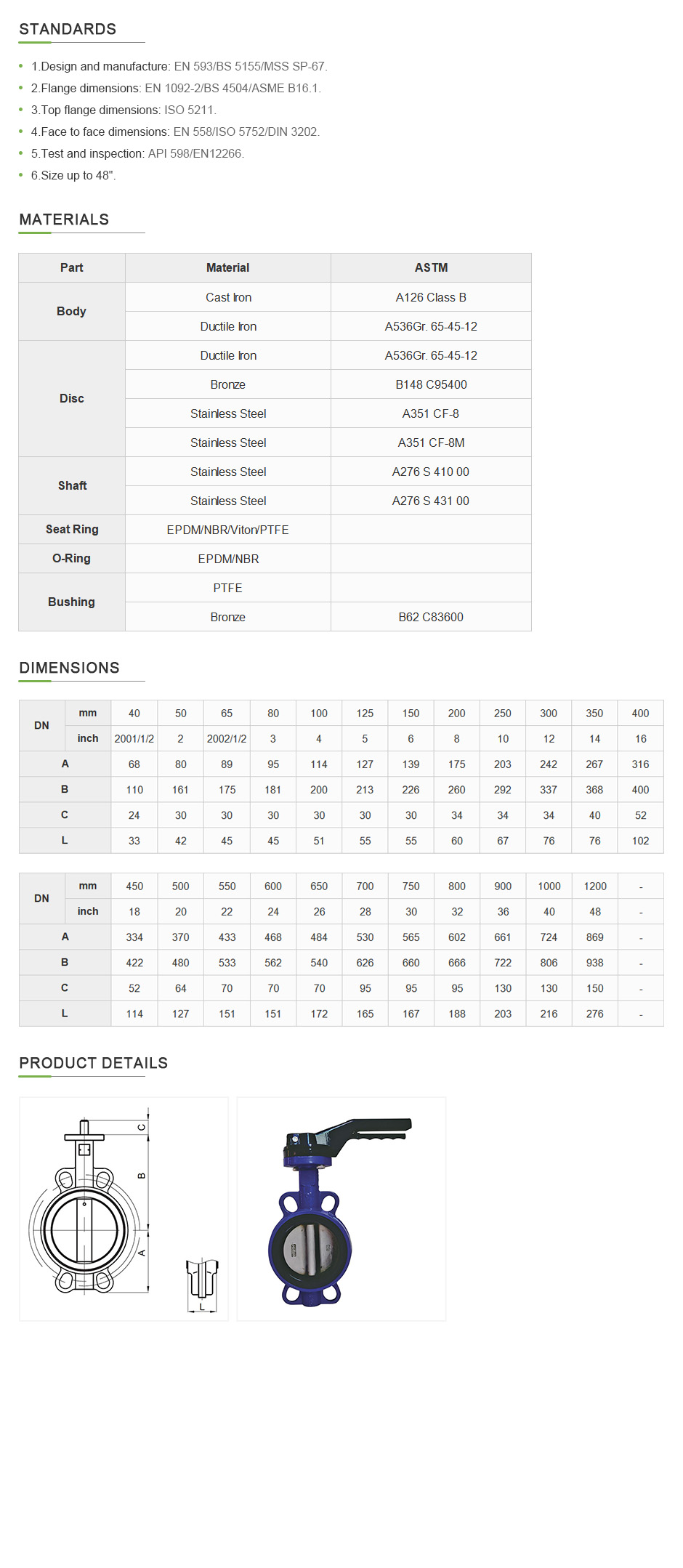nóv . 24, 2024 11:05 Back to list
ball check valve
Understanding Ball Check Valves Function, Applications, and Benefits
A ball check valve is a type of valve that allows fluid to flow in one direction while preventing backflow. This device utilizes a spherical ball that moves freely within the valve body and is commonly used in various industries, including plumbing, automotive, and chemical processing. In this article, we will explore the functionality, applications, benefits, and considerations associated with ball check valves.
How Ball Check Valves Work
The primary function of a ball check valve is to prevent backflow in a piping system. The mechanism is straightforward yet effective. The valve consists of a ball, which is typically made from materials such as brass, stainless steel, or plastic, placed within a cylindrical seat. When fluid flows in the designated forward direction, the flow pressure lifts the ball off its seat, allowing the fluid to pass freely. However, if the flow pressure diminishes or reverses, the ball is forced back against the seat by gravity or the weight of the ball, effectively sealing the opening and preventing any backflow.
Applications of Ball Check Valves
Ball check valves find extensive applications in various fields. Here are some notable uses
1. Water and Wastewater Treatment In municipal water systems, ball check valves ensure that water flows in the correct direction, preventing contamination and ensuring the integrity of the supply.
2. Pumping Systems In pump installations, these valves are crucial for preventing backflow when the pump shuts off or malfunctions. This is vital for maintaining pressure and preventing damage.
3. Irrigation Systems In agricultural applications, ball check valves are used to prevent the backflow of water into the reservoir, ensuring efficient use of water resources and preventing contamination.
5. HVAC Systems In heating, ventilation, and air conditioning systems, these valves help control the flow of refrigerants or heated fluids, ensuring system efficiency and safety.
Benefits of Ball Check Valves
ball check valve

Ball check valves offer several advantages over other types of check valves, making them a preferred choice in many applications
1. Simplicity and Reliability The design of ball check valves is relatively straightforward, which contributes to their reliability. They require minimal maintenance and have fewer parts that could fail.
2. Versatility These valves can be used with various fluids, including water, oil, and gaseous substances. Their adaptability makes them suitable for diverse industrial applications.
3. Low Pressure Loss Ball check valves typically have a lower pressure drop compared to other types of check valves. This characteristic enhances the efficiency of fluid dynamics within a system.
4. Corrosion Resistance Depending on the materials used in their construction, ball check valves can provide excellent resistance to corrosion and wear, extending their lifespan and reliability.
5. Compact Design The compact nature of ball check valves allows for easy installation in tight spaces, contributing to more efficient system designs.
Considerations When Using Ball Check Valves
While ball check valves are beneficial, there are some considerations to keep in mind
1. Orientation Ball check valves must be installed in the correct orientation for optimal performance. Installing them incorrectly can lead to malfunctions or leaks.
2. Fluid Characteristics The nature of the fluid passing through the valve, such as viscosity and temperature, can affect performance. It's essential to select a valve that matches the application requirements.
3. Maintenance While they require minimal maintenance, periodic checks are advisable to ensure that the valve is functioning correctly and to address any potential build-up of debris that could impact flow.
In conclusion, ball check valves play a crucial role in countless hydraulic and pneumatic systems. Their ability to prevent backflow while maintaining a low-pressure drop makes them an integral component in various industries. Understanding their functionality, applications, and benefits can help engineers and professionals make informed decisions about their usage in both existing and new projects. Whether in industrial settings or residential plumbing, ball check valves provide a reliable solution for ensuring fluid flows in the correct direction, safeguarding systems against potential issues related to backflow.
Share
-
Reliable Wafer Type Butterfly Valves for Every IndustryNewsJul.25,2025
-
Reliable Flow Control Begins with the Right Ball Check ValveNewsJul.25,2025
-
Precision Flow Control Starts with Quality ValvesNewsJul.25,2025
-
Industrial Flow Control ReliabilityNewsJul.25,2025
-
Engineered for Efficiency Gate Valves That Power Industrial PerformanceNewsJul.25,2025
-
Empowering Infrastructure Through Quality ManufacturingNewsJul.25,2025